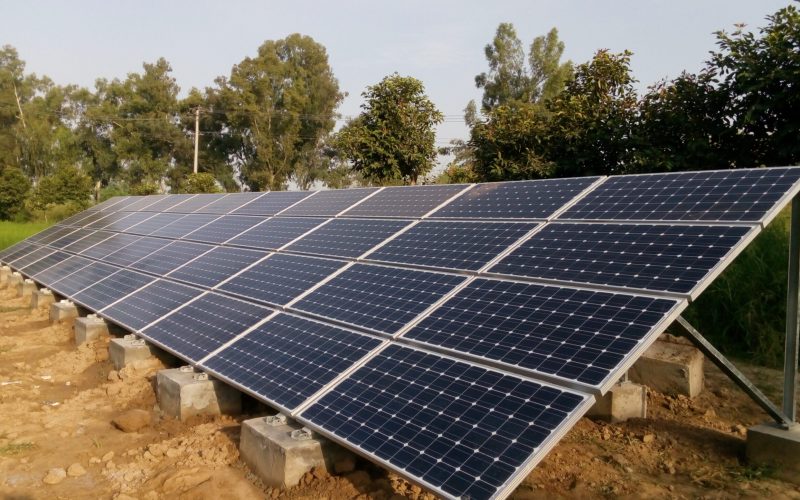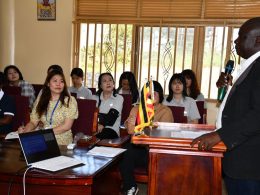By Mark Kawalya
gnuGrid, a cleantech startup that drives energy inclusion, raised US$250,000 in a funding round that will enable the firm to scale its operations and reach more clients at home, while also expanding its operations into additional African markets.
The firm’s product, Solarsentra uses AI-optimized sensors to monitor solar systems and gather data on power usage in a highly fragmented industry. This information is used by players in the solar industry to tailor services and products that can effectively meet the needs of clients.
gnuGrid seeks to invest in Solarsentra its flagship product which offers a pay-to solution and a customer management portal, combined with hardware components that enable solar companies to run more efficiently at substantially lower costs.
The company raised US$50,000 in 2019 to start work on its tech engine, pilot and launch the product into the Ugandan market. The additional US$250,000 will enable the firm to connect off-grid solar companies with Uganda’s Credit Reference Bureau.
“The CRB will help many off-grid solar companies and informal financial institutions to de-risk pay-as-you-go investments and loan investments, and also predict the default rate. The purpose of the investment is to collect over two million customers into the CRB, hire more talent, and set up more data storage infrastructure because it is a requirement by the Bank of Uganda,” co- founder David Opio told Disrupt Africa.
The fintech and cleantech firm, which was formed in 2019 by Opio and James Dailey, hopes to raise another US$250,000 as it embarks on a geographical expansion, after a partnership with MTN Liberia to access that market. The company has also onboarded other solar companies in and out of Uganda with whom it has signed contracts.
“We want to focus on the off-grid solar market in Uganda and other markets, providing Solar Sentra as the bundled solution, consolidate in-country market share and build a strong and skilled management team to take over in-country business development. We will onboard other local solar companies, scale to more countries, incorporate AI, and create a local IoT plant, ” Opio added.
The firm’s PayGo solution is useful to solar system providers in Uganda because it operationalizes their sales, does remote solar monitoring, and facilitates payments on a high-availability infrastructure. The hardware has a circuit board that monitors tampering, system performance, and energy use alongside the unlock/lock mechanism that comes as a standard in PayGo solutions.








